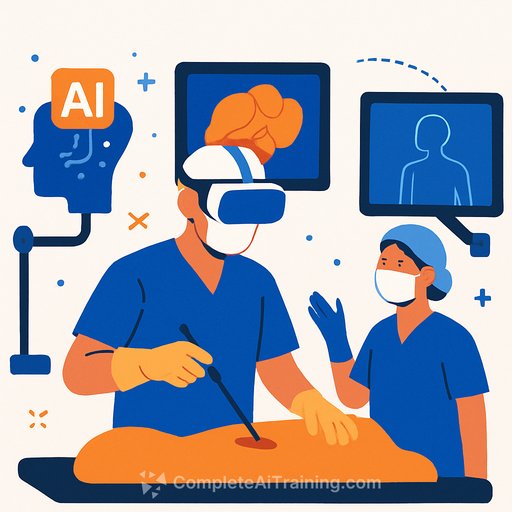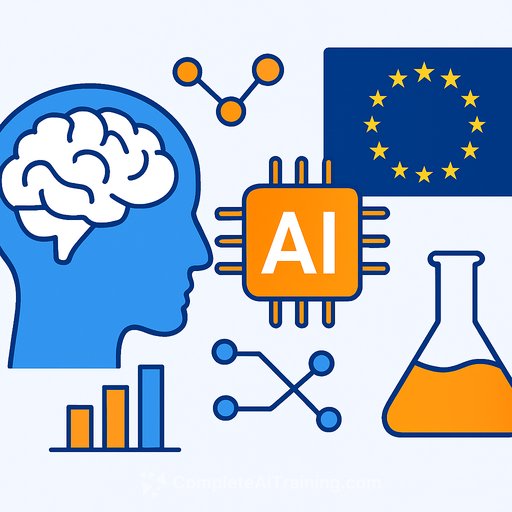Mount Sinai Researchers Develop AI-Driven Surgical Training Model
Mount Sinai’s recent study shows that surgical trainees can learn complex procedures using artificial intelligence combined with an extended-reality headset—without needing an instructor present. In a trial involving 17 participants, every trainee successfully completed the surgical task, while feedback from students was overwhelmingly positive.
This approach offers a promising alternative to traditional surgical education, which typically requires a proctor in the operating room. The AI system, called ESIST (Educational System for Instructionless Surgical Training), uses deep learning techniques paired with an extended-reality headset that streams instructions and video content directly in front of the trainee’s eyes. This setup keeps their hands free to focus on practicing the procedure.
Simulation of a Partial Nephrectomy
The study focused on a partial nephrectomy—a delicate operation to remove a cancerous section of the kidney, including clamping the renal artery. Researchers created a realistic training model using 3D-printed kidney casts based on anonymized CT scans. These casts were filled with water-based polymers to simulate kidney tissue and tumors.
While trainees practiced, an AI-driven first-person camera monitored their actions in real time, providing immediate feedback and corrective prompts. This feature supports skills assessment and helps trainees refine their technique without direct supervision.
Implications for Surgical Education
Nelson Stone, a lead researcher on the project, highlighted the system's accuracy, stating the AI model achieved 99.9% precision in guiding a key step of the kidney cancer procedure. Stone emphasized that this technology can reduce training costs while improving the quality and consistency of surgical education.
The study addresses a critical challenge in medical training: the shortage of experienced instructors and limited time available for hands-on resident education. By enabling autonomous learning with AI tools, hospitals and training centers could expand access to high-quality surgical education.
The findings have been published in the Journal of Medical Extended Reality under the title “Autonomous Educational System for Surgical Training Utilizing Deep Learning Combined with Extended Reality.”
For professionals interested in AI applications in medical training and beyond, exploring educational resources in AI can provide valuable insights. Platforms like Complete AI Training offer courses and materials to better understand these technologies.
Your membership also unlocks:









